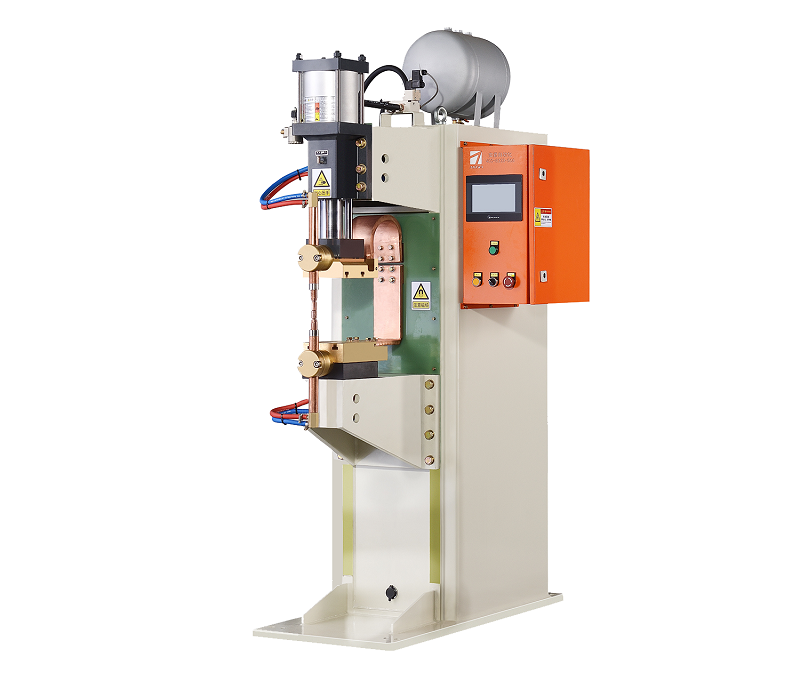- Home
- News
- Basic Features of Mid-Frequency Spot Welding Machine and Rationality of Weld Point Arrangement
Basic Features of Mid-Frequency Spot Welding Machine and Rationality of Weld Point Arrangement
Mid-frequency spot welding machines are widely used in various industries due to their efficiency, precision, and cost-effectiveness. In this article, we will explore the fundamental characteristics of these machines and the rationality of arranging weld points.

Mid-frequency spot welding is a versatile joining technique employed in manufacturing and construction processes. It is known for its ability to create strong and reliable connections between various metals. Understanding the essential features of mid-frequency spot welding machines and the importance of rational weld point arrangement is crucial for optimizing welding operations.
Basic Features of Mid-Frequency Spot Welding Machines
- Energy Efficiency: Mid-frequency spot welding machines are renowned for their energy efficiency. They use an intermediate frequency power supply, which reduces energy consumption while maintaining high welding quality.
- High Precision: These machines offer exceptional precision, ensuring that welds are consistent and reliable. The controlled welding parameters lead to minimal variations in the final product.
- Versatility: Mid-frequency spot welding machines can be used for a wide range of applications, from automotive manufacturing to aerospace. Their adaptability is a significant advantage in the manufacturing industry.
- Reduced Spatter: Compared to traditional welding methods, mid-frequency spot welding generates significantly less spatter. This minimizes post-weld cleanup and enhances the overall quality of the welds.
- Quick Welding Cycles: Mid-frequency welding machines have shorter welding cycles, making them ideal for mass production. The rapid welding process boosts productivity while maintaining quality.
Rationality of Weld Point Arrangement
- Structural Integrity: A rational weld point arrangement is essential to ensure the structural integrity of the final product. Placing weld points at critical load-bearing locations is crucial for the strength and durability of the assembly.
- Heat Distribution: Properly arranged weld points help distribute heat evenly across the workpiece, reducing the risk of warping or distortion. This is particularly important when welding thin materials.
- Aesthetics and Accessibility: In applications where aesthetics matter, such as consumer electronics or architectural structures, a rational weld point arrangement can enhance the appearance of the product. Additionally, it should allow for easy access during assembly and maintenance.
- Efficiency: Optimizing the arrangement of weld points can lead to more efficient manufacturing processes. Minimizing the number of welds while maintaining structural integrity can reduce production time and costs.
Mid-frequency spot welding machines offer a range of advantages, including energy efficiency, precision, versatility, reduced spatter, and quick welding cycles. When combined with a rational weld point arrangement, these machines can significantly improve the quality and efficiency of welding operations. Properly placed weld points ensure the structural integrity, heat distribution, and overall aesthetics of the final product, making mid-frequency spot welding a valuable technique in various industries.